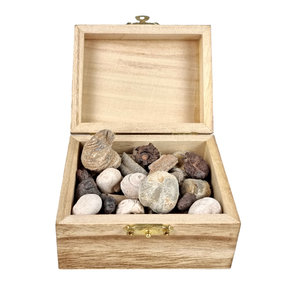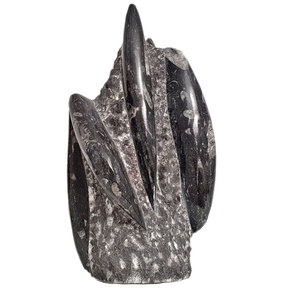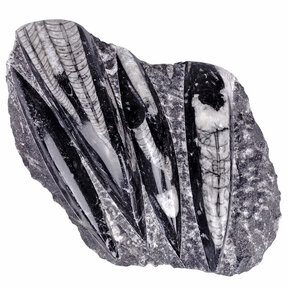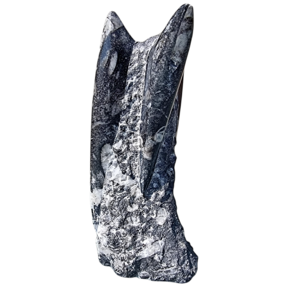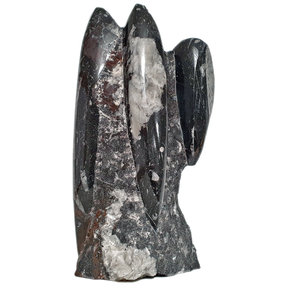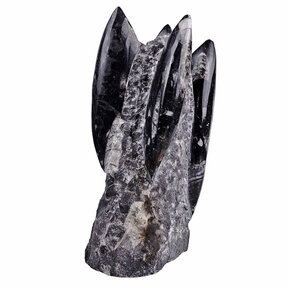The orthoceras lived about 400 million years ago and is the forerunner of today's cuttlefish. Read more.
Wooden treasure box with various fossils from Morocco, Brachiopods (shells), Gastropods (snail shells), black ammonite f...
The orthoceras lived about 400 million years ago and is the forerunner of our current squid.
The orthoceras lived about 400 million years ago and is the forerunner of our current squid.
The orthoceras lived about 400 million years ago and is the forerunner of our current squid.
The orthoceras lived about 400 million years ago and is the forerunner of our current squid.
The orthoceras lived about 400 million years ago and is the forerunner of our current squid.
The orthoceras lived about 400 million years ago and is the forerunner of our current squid.
The orthoceras lived about 400 million years ago and is the forerunner of our current squid.
The orthoceras lived about 400 million years ago and is the forerunner of our current squid.
The orthoceras lived about 400 million years ago and is the forerunner of our current squid.
The orthoceras lived about 400 million years ago and is the forerunner of our current squid.
The orthoceras lived about 400 million years ago and is the precursor of our current squid.
The orthoceras lived about 400 million years ago and is the forerunner of our current squid.
The orthoceras lived about 400 million years ago and is the forerunner of our current squid.
The orthoceras lived about 400 million years ago and is the forerunner of our current squid.
The orthoceras lived about 400 million years ago and is the forerunner of our current squid.
The orthoceras lived about 400 million years ago and is the forerunner of our current squid.
The orthoceras lived about 400 million years ago and is the forerunner of our current squid.
The orthoceras lived about 400 million years ago and is the ancestor of today's cuttlefish.
Prehistoric straight horn
Orthoceras means 'straight horn "referring to the long straight shell of the animals. The soft portion was located in the shell. It could move with its tentacles. When the animal died it's shell fell to the bottom where it was covered by sediment, starting the fossilization of the shell. That's how it's still preserved for us after 400 million years.

